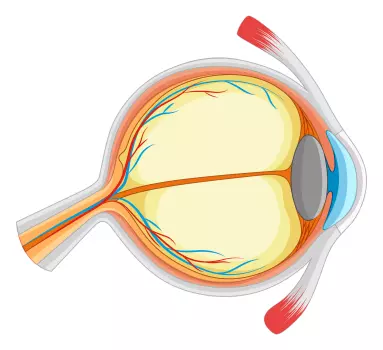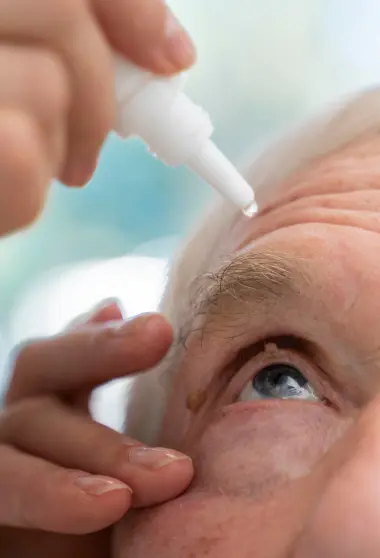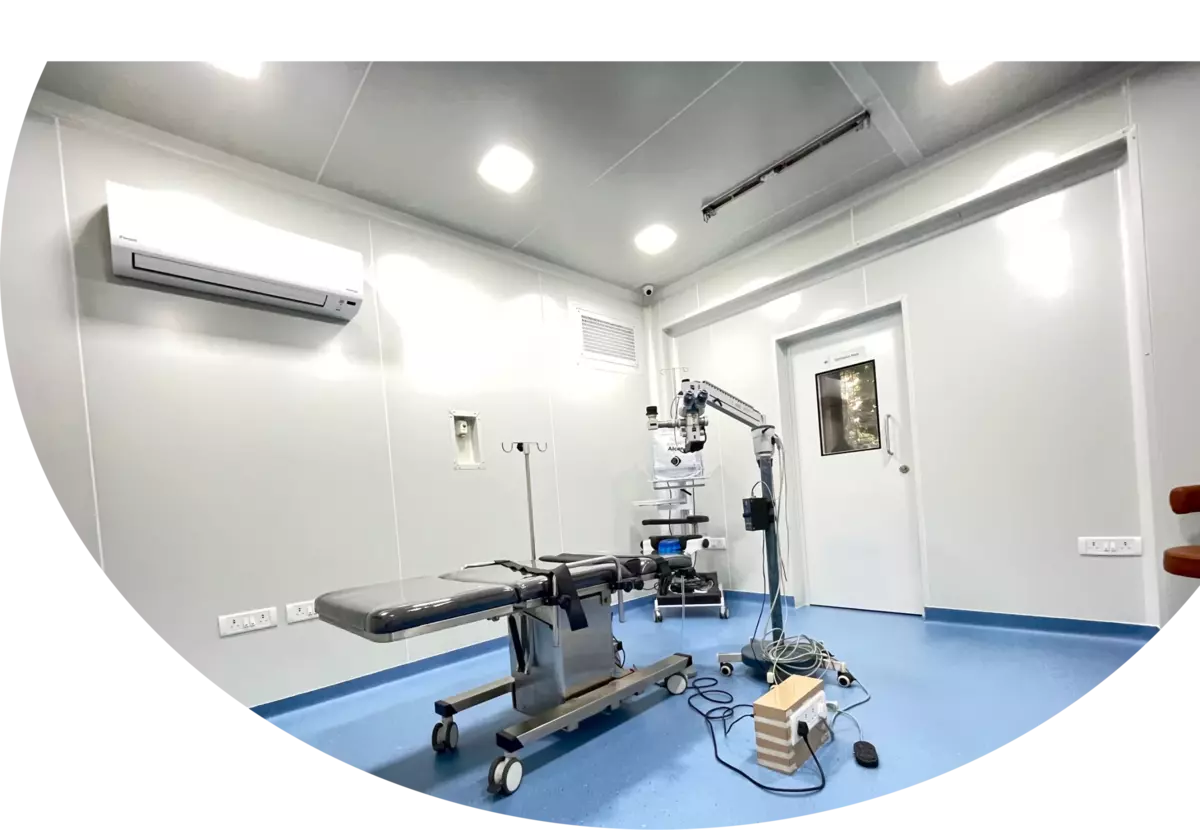
Corneal Eye Surgery Information
Preventing Corneal Problems
To minimise the risk of corneal issues, it's essential to adhere to strict hygiene practices, especially if you wear contact lenses. Misuse of contact lenses is a primary factor in developing corneal diseases. Following these guidelines can reduce your chances of corneal infections:
Feeling Like Something Is Stuck in Your Eye?
If you have a sensation of something being stuck in your eye, consider these steps:
When to Seek Immediate Assistance
Seek immediate medical attention if you experience any of the following:
Signs & Symptoms
Redness
Blurring of vision
Excessive tearing
Pricking sensation
Increased light sensitivity




